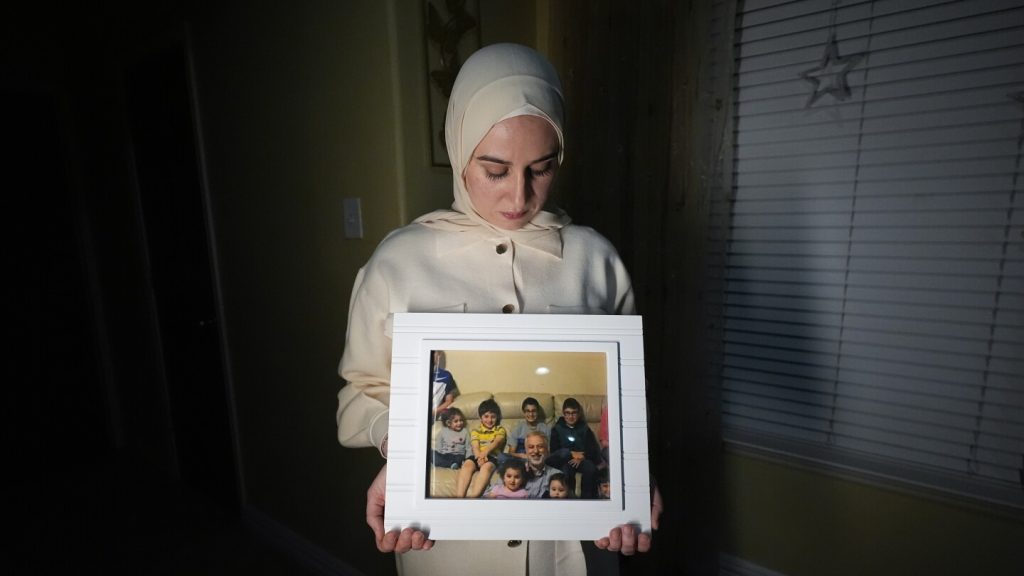After seven years of uncertainty, U.S. officials have informed the family of Majd Kamalmaz, an American citizen who disappeared in Syria in 2017, that they have credible intelligence suggesting that he has died. During a meeting in Washington with eight senior American officials, Kamalmaz’s daughter, Maryam, was presented with detailed information about her father’s presumed death. The officials expressed a high level of confidence, rating it a “high nine” on a scale of one to 10. While the family had previously been informed in 2020 that there were indications of his death due to heart failure in 2017, this recent meeting provided additional verification of the credibility of the intelligence.
Officials believe that Kamalmaz’s death occurred early in his captivity, although specific details about the intelligence were not disclosed by Maryam. The FBI’s Hostage Recovery Fusion Cell issued a statement, emphasizing their commitment to working on behalf of victims and their families, including those who are held captive or missing. Kamalmaz disappeared in 2017 at the age of 59 while traveling in Syria to visit a family member. He was stopped at a Syrian government checkpoint in a suburb of Damascus and had not been heard from since, leading to years of uncertainty and speculation about his fate.
Kamalmaz is one of several Americans who have disappeared in Syria, including journalist Austin Tice, who went missing in 2012 at a checkpoint in a contested area west of Damascus. Despite efforts by U.S. officials to negotiate the release of Americans held in Syria, including a high-level meeting in 2020 during the Trump administration, no concrete progress has been made. The Syrians have denied holding Americans in captivity and have not provided any proof-of-life information. U.S. officials continue their efforts to bring home individuals like Tice, while families of the missing remain hopeful for answers about their loved ones.
The confirmation of Kamalmaz’s death comes as a devastating blow to his family, who had held out hope for his safe return despite years of uncertainty. Maryam described the meeting with officials as a moment of closure, where the credible information provided finally allowed them to come to terms with her father’s fate. While the details of the intelligence were not disclosed, the level of verification and confidence expressed by officials gave the family a sense of finality. The New York Times first reported on Kamalmaz’s presumed death, bringing the story to national attention and highlighting the challenges faced by Americans who go missing in conflict zones like Syria.
The continued efforts by U.S. officials to recover Americans held in Syria demonstrate the government’s commitment to supporting victims and their families in such challenging situations. The FBI’s Hostage Recovery Fusion Cell remains engaged in these efforts, emphasizing the importance of never giving up on bringing home those who are missing or held captive. While the circumstances of Kamalmaz’s death remain unclear, the confirmation provided to his family by U.S. officials marks a significant development in their long journey of seeking answers. The complexities of negotiating with foreign governments and gathering intelligence in conflict zones underscore the challenges faced by families of missing Americans, who continue to hope for resolution and closure.


